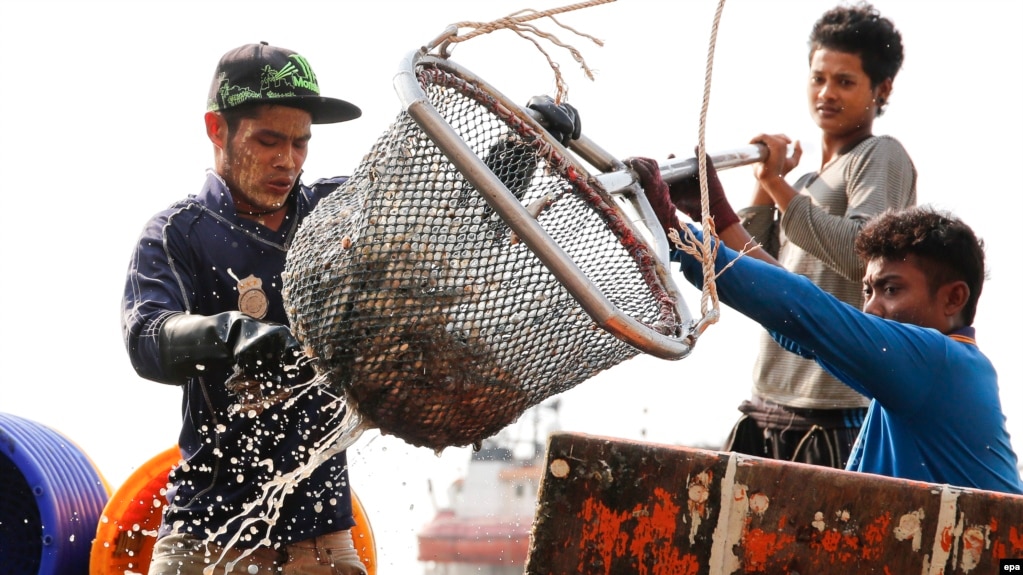Will the worlds taste for sushi kill the oceans?
As the taste for raw fish spreads to India, China and Eastern Europe, the "sustainable sushi" movement emerges
Wednesday, Aug 1, 2012 04:45 PM EDT
By Andrew O'Hehir
---
Unlike most issue-oriented documentaries about the abundant idiocy of the human species and the imminent demise of our planet, Mark S. Halls Sushi: The Global Catch offers foodies and sushi buffs a refreshing palate-cleanser before the parade of experts and the dire news reports. (A YouTube trailer for the film is posted below.) In addition to interviewing Japanese fishermen, fish traders and high-end sushi chefs upholding a centuries-old tradition, Hall travels to a football game in suburban Texas and the Polish city of Lodz to demonstrate the global explosion of what was once (at least outside Tokyo) an eccentric and/or ethnic specialty cuisine. We learn about the stroke of entrepreneurial evil genius that is Sushi Popper, pre-sliced sushi rolls served in a Pringles-type can with a push-up apparatus. (The cucumber roll looks great, but the so-called California Roll contains a panoply of truly frightening ingredients.)
---
Will the world’s taste for sushi kill the oceans? - Salon.com
As the taste for raw fish spreads to India, China and Eastern Europe, the "sustainable sushi" movement emerges
Wednesday, Aug 1, 2012 04:45 PM EDT
By Andrew O'Hehir
---
Unlike most issue-oriented documentaries about the abundant idiocy of the human species and the imminent demise of our planet, Mark S. Halls Sushi: The Global Catch offers foodies and sushi buffs a refreshing palate-cleanser before the parade of experts and the dire news reports. (A YouTube trailer for the film is posted below.) In addition to interviewing Japanese fishermen, fish traders and high-end sushi chefs upholding a centuries-old tradition, Hall travels to a football game in suburban Texas and the Polish city of Lodz to demonstrate the global explosion of what was once (at least outside Tokyo) an eccentric and/or ethnic specialty cuisine. We learn about the stroke of entrepreneurial evil genius that is Sushi Popper, pre-sliced sushi rolls served in a Pringles-type can with a push-up apparatus. (The cucumber roll looks great, but the so-called California Roll contains a panoply of truly frightening ingredients.)
---
Will the world’s taste for sushi kill the oceans? - Salon.com




